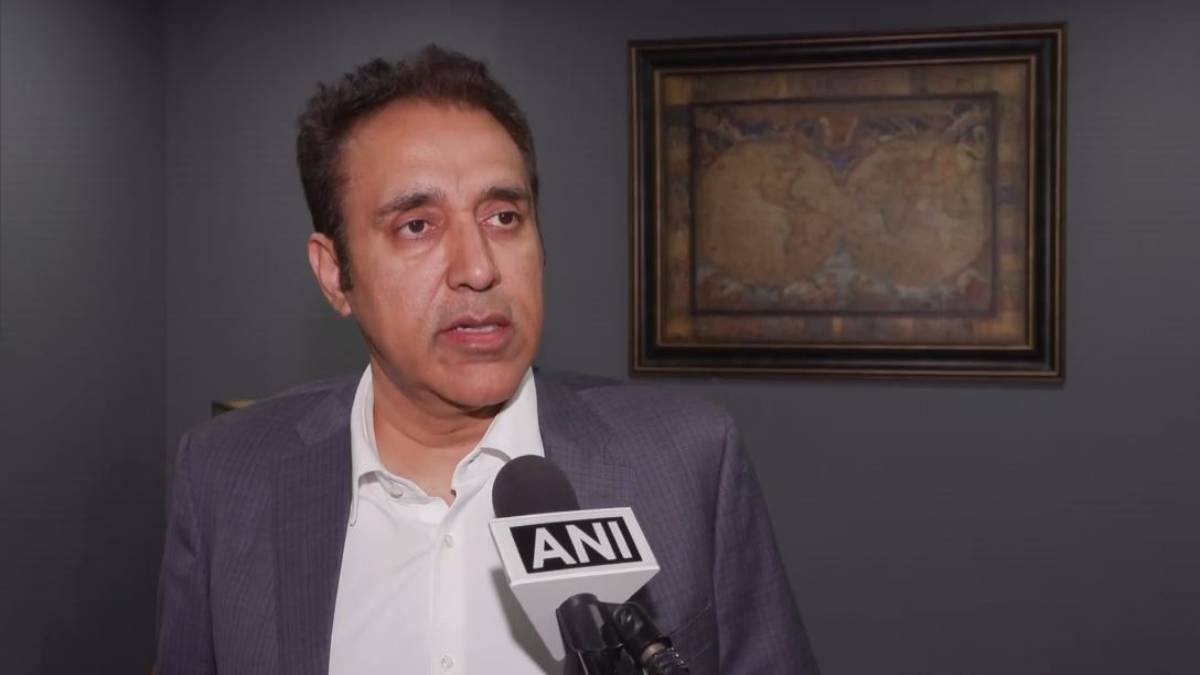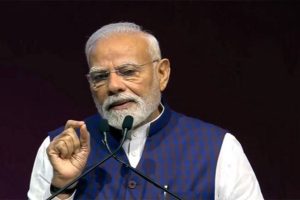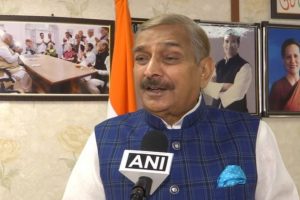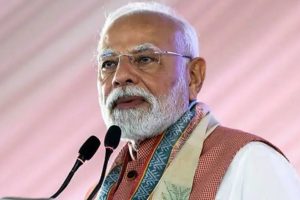Prime Minister Narendra Modi’s visit to Canada has been hailed by the Indian diaspora as a turning point in India-Canada relations, signalling a “great reset” in diplomatic, trade, and people-to-people engagement after years of strained ties.
Ritesh Malik, Chair of the Canada India Foundation, described the visit as “very significant,” especially given the diplomatic chill over the past two years.
“We never thought the relationship would return to normal, but with new leadership in Canada, Prime Minister Mark Carney made the right decision by inviting one of the most respected leaders globally,” he said.
Malik praised PM Modi’s acceptance of the invitation as a powerful gesture that could rejuvenate bilateral trust and unlock enormous untapped potential—particularly in trade, security, and cultural cooperation.
Highlighting economic opportunities, Malik recalled Modi’s 2015 visit when he famously said, “India has market. Canada has supply.”
“That one line defines the scope of our trade potential,” Malik noted. “Canada is resource-rich, and India needs those resources to fuel its growth.”
He pointed to natural gas, agriculture, renewable energy, and digital services as priority sectors for cooperation, especially as Canada looks to diversify trade partners in the wake of shifting global tariffs. Malik emphasized that trust and mutual respect must be the foundation of this renewed partnership.
“India is one of the world’s fastest-growing economies, and Canada stands to benefit by embracing a deeper economic and cultural connection,” he added.
On national security and foreign interference concerns, Malik criticized how certain fringe groups have weaponized issues to strain Indo-Canadian ties, often targeting Indo-Canadian voices of unity.
“Foreign interference is real, but in India’s case, it comes through yoga, Ayurveda, and diversity—not destabilization,” he said. “The misuse of this issue hurts those who genuinely want both nations to work together.”
He also called for collective global action against extremism and terrorism, warning that ideological threats cross borders via digital platforms and must be tackled through unified efforts, including at forums like the G7 Summit.
Echoing Malik’s sentiments, Raman Khatra, a Canada-based businessman, welcomed Modi’s visit, noting the immense opportunity in strengthening bilateral trade and people-to-people ties.
“Trade, tourism, agriculture, pulses, metals, and even nanotechnology—all have room to grow. If the political will is positive, there is enormous potential,” Khatra said.
He added that India’s large talent pool and Canada’s need for skilled workers, especially in housing and infrastructure, make for a natural alignment.
“Economic uncertainty is global. If India and Canada strengthen their economic ties, both sides will benefit,” he added, calling for a doubling or tripling of bilateral trade.
PM Modi’s visit comes ahead of the G7 Summit in Kananaskis (June 16–17), where he makes his sixth consecutive appearance, further reinforcing India’s global diplomatic momentum.
As India and Canada aim to open a new chapter in relations, diaspora voices like Malik and Khatra reflect a hopeful and pragmatic outlook: that through trust, mutual benefit, and strategic vision, the two democracies can build a resilient, forward-looking partnership.





